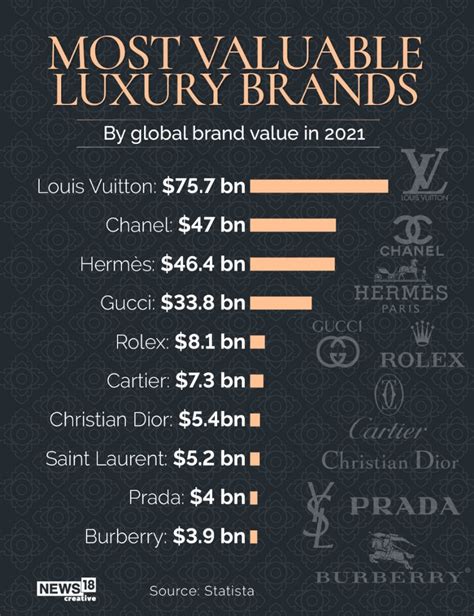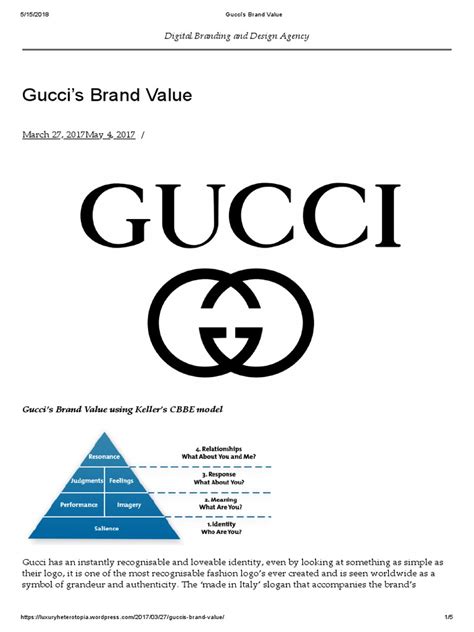what demographic buys gucci the most The global personal luxury goods market, of which Gucci is a major player, has grown in value substantially in recent years, rising from 147 billion euros in 2009 to 362 billion euros in 2023. Pasūtījums tiek noformēts izmantojot egultni.lv / telefonu - 20521559 / e-pastu
[email protected]; 2. Darbinieks pēc pasūtījuma saņemšanas sazinās ar pircēju, pa telefonu vai epastu; 3. Pēc saziņas klientam tiek nosūtīts priekšapmaksas rēķins .
[email protected] / Bukultu iela 1C, Rīga, LV-1005 / +371 20521559 .JK_kurss. MIMS. Orgvad. NIP regulējums ES un LV. Projektu vadība (I.Amoliņa) PROFESIONĀLĀ TĀLĀKIZGLĪTĪBA. Personāla vadība.ptautiskās publiskās tiesības/Eksāmens - PĀRKĀRTOT. Grāmatvedība . Kvalitātes vadība. .
0 · value of gucci brand
1 · gucci value by year
2 · gucci sales statistics
3 · gucci revenue statistics
4 · gucci market share
5 · gucci customer demographics
6 · gucci consumer statistics
7 · gucci brand statistics
새로운 제품인 한성컴퓨터 E54-BossMonster LV.60SH 는, 슬림하고 가볍지만 높은 게이밍 성능을 갖춘 고성능 노트북입니다. 한성컴퓨터의 주력이라 할 수 있는 15.6인치 노트북 라인 중에서,

The global personal luxury goods market, of which Gucci is a major player, has grown in value substantially in recent years, rising from 147 billion euros in 2009 to 362 billion euros in 2023.Gucci is the brand with the largest share of Kering’s revenue at 52 percent. Read . Gucci’s brand KPIs shine across all generations, with highest brand awareness among Gen X, closely followed by Baby Boomers and Millennials. Gucci’s online store, gucci.com, operated by Gucci America, Inc., generates substantial eCommerce net sales, primarily in the US, UK, and .
In essence, Gucci’s demographics are a testament to its versatility and inclusivity. It appeals to a broad spectrum of age groups, embraces all genders, provides accessibility across income levels, and boasts a global . In total, 51% of U.S. luxury fashion owners say they like Gucci. However, in actuality, among the 94% of U.S. respondents who know Gucci, 54% of people like the brand. In 2018, 62% of Gucci’s more than billion in sales came from the under-35 set, a demographic that is generally harder for luxury brands to capture, given the high price points of their. According to Kering chairman and CEO Francois-Henri Pinault, half of Gucci's sales come from millennials, a generation consisting of 35-year olds and younger. That has .
Demographics of Gucci Buyers. Gucci is a brand that appeals to a wide range of consumers, but some demographics are more likely to buy Gucci than others. Here are some . Millennials and Gen Z accounted for 72% of the global luxury market in 2022 compared with 2019, when millennials and Generation X made up most of the luxury-goods .
value of gucci brand
Today, both men and women are equally likely to buy Gucci products. Income. Unsurprisingly, Gucci products tend to be expensive, so they are most commonly purchased . The global personal luxury goods market, of which Gucci is a major player, has grown in value substantially in recent years, rising from 147 billion euros in 2009 to 362 billion euros in 2023. Gucci’s brand KPIs shine across all generations, with highest brand awareness among Gen X, closely followed by Baby Boomers and Millennials. Gucci’s online store, gucci.com, operated by Gucci America, Inc., generates substantial eCommerce net sales, primarily in the US, UK, and Australia. Gucci generated .63 billion in 2022, up from .51 billion in 2021 and 7 million in 2020, contributing significantly to Gucci’s overall revenue.
In essence, Gucci’s demographics are a testament to its versatility and inclusivity. It appeals to a broad spectrum of age groups, embraces all genders, provides accessibility across income levels, and boasts a global presence. In total, 51% of U.S. luxury fashion owners say they like Gucci. However, in actuality, among the 94% of U.S. respondents who know Gucci, 54% of people like the brand.
In 2018, 62% of Gucci’s more than billion in sales came from the under-35 set, a demographic that is generally harder for luxury brands to capture, given the high price points of their. According to Kering chairman and CEO Francois-Henri Pinault, half of Gucci's sales come from millennials, a generation consisting of 35-year olds and younger. That has been a challenging demographic to reach for luxury brands. Demographics of Gucci Buyers. Gucci is a brand that appeals to a wide range of consumers, but some demographics are more likely to buy Gucci than others. Here are some key demographic factors that influence Gucci purchases: Age. Gucci is most popular among consumers in their 20s and 30s.
Millennials and Gen Z accounted for 72% of the global luxury market in 2022 compared with 2019, when millennials and Generation X made up most of the luxury-goods market, at 66% of market share. Today, both men and women are equally likely to buy Gucci products. Income. Unsurprisingly, Gucci products tend to be expensive, so they are most commonly purchased by those with higher incomes. According to a survey conducted by Business Insider, 37% of Gucci customers earn over 0k per year. Geography The global personal luxury goods market, of which Gucci is a major player, has grown in value substantially in recent years, rising from 147 billion euros in 2009 to 362 billion euros in 2023.
Gucci’s brand KPIs shine across all generations, with highest brand awareness among Gen X, closely followed by Baby Boomers and Millennials. Gucci’s online store, gucci.com, operated by Gucci America, Inc., generates substantial eCommerce net sales, primarily in the US, UK, and Australia. Gucci generated .63 billion in 2022, up from .51 billion in 2021 and 7 million in 2020, contributing significantly to Gucci’s overall revenue.
gucci value by year
In essence, Gucci’s demographics are a testament to its versatility and inclusivity. It appeals to a broad spectrum of age groups, embraces all genders, provides accessibility across income levels, and boasts a global presence.
In total, 51% of U.S. luxury fashion owners say they like Gucci. However, in actuality, among the 94% of U.S. respondents who know Gucci, 54% of people like the brand.
In 2018, 62% of Gucci’s more than billion in sales came from the under-35 set, a demographic that is generally harder for luxury brands to capture, given the high price points of their. According to Kering chairman and CEO Francois-Henri Pinault, half of Gucci's sales come from millennials, a generation consisting of 35-year olds and younger. That has been a challenging demographic to reach for luxury brands. Demographics of Gucci Buyers. Gucci is a brand that appeals to a wide range of consumers, but some demographics are more likely to buy Gucci than others. Here are some key demographic factors that influence Gucci purchases: Age. Gucci is most popular among consumers in their 20s and 30s. Millennials and Gen Z accounted for 72% of the global luxury market in 2022 compared with 2019, when millennials and Generation X made up most of the luxury-goods market, at 66% of market share.

gucci sales statistics
gucci revenue statistics
Find local businesses, view maps and get driving directions in Google Maps.
what demographic buys gucci the most|gucci revenue statistics

























